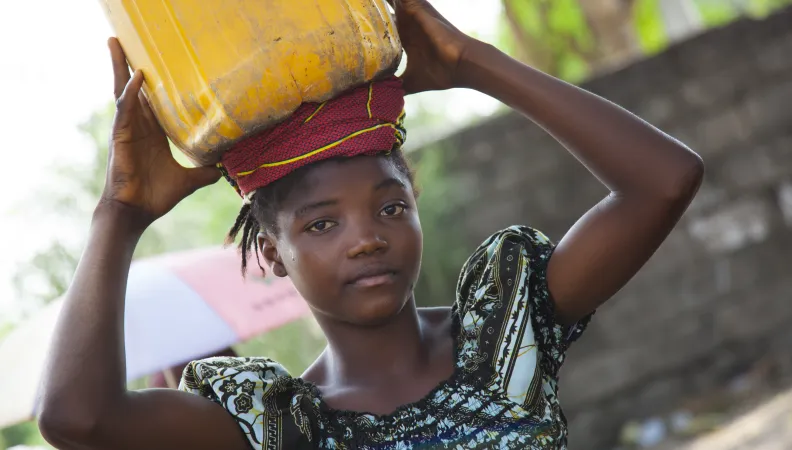Share the page
World Water Forum: the WaSAf project publishes its guide to freshwater ecosystems
Published on

The 9th World Water Forum has just opened in Dakar, in Senegal. The international water and water treatment community will be gathered there until 26 March. It’s an opportunity for the French Facility for Global Environment (FFEM), the Agence française de développement (AFD) and the French National Centre for Scientific Research (CNRS) to share the results of the WaSAf research programme.
The sustainable preservation of potable water resources represents one of the major challenges of the 21st century. In intertropical Africa, against a background of major demographic change, lack of technical and financial means does not permit the development of long-term water quality monitoring strategies. In view of this, the AFD and FFEM have financed an international research programme entitled WaSAf (Water Sources in Africa). Since 2016, WaSaf has been running a water quality evaluation and surveillance initiative for African lakes in Côte d’Ivoire, Uganda and Senegal.
The results of this programme, which is now drawing to a close, were presented by the AFD over the course of a talk this Monday, 21 March, at the Forum. The CNRS - a collaborator in the project - also organised a side event on Tuesday 22 March where scientists, managers and decision-makers could discuss the causes and consequences of cyanobacterial blooms.
In order to motivate people of all ages in their day-to-day behaviours, the FFEM used this occasion to publish their next Marine ecosystems guide, in collaboration with Océanopolis and with support from the French Ministry for the Ecological Transition. The new publication in the series, “Corals, the reef builders” considers our current knowledge of these ecosystems, and addresses the pressures threatening them. The last part highlights the diversity of professions and skills necessary to their survival and safekeeping.
